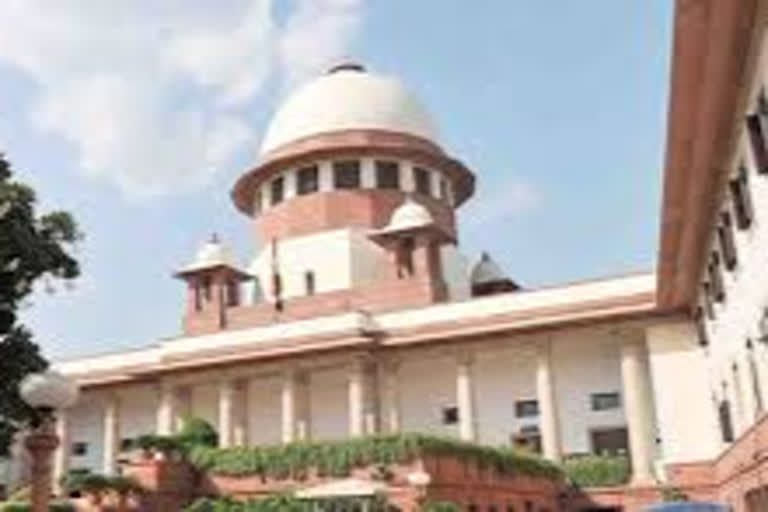New Delhi: The British tampered with the historical autonomy enjoyed by religions, but the situation worsened in Independent India, said Jainacharya Yugbhushansuri in an open letter to the Chief Justice of India in reference to the Sabarimala case pending in the Supreme Court.
Jainacharya, citing continuity in the interference of the state in religion, said post-Independence, the Constituent Assembly unilaterally assumed the authority over religions and framed Article 25 and 26 without consulting all religious heads.
"Even though Article 25 and 26 were to protect fundamental religious rights, they were made subject to a plethora of restrictions. These restrictions were not only limited to public order, health or morality, but also - in case of rights in Article 25 - were made subject to other provisions of Part III," it said.
The history of interpretation of fundamental rights -- except religious rights -- has been expanded in their respective scope. For instance, the scope of right to life had been expanded to include right to have dignified life; right to live for unborn life; the scope of right to privacy, equality and freedom of speech and expression had been significantly expanded, it said.
"However, the scope of religious rights has been narrowed significantly and strangulated to a greater extent by making restrictive interpretations. This was evident in the Sabarimala judgment of November 2018," Jainacharya said.
Insisting that he appreciates formation of the larger Bench to review the verdict, he said it should also consider the fundamental religious issues at large.
Also read: After Kerala, West Bengal to pass anti-CAA resolution next week
"Such a large Constitution Bench is formed after seven decades for evaluation of wider issues regarding religion. In this scenario, I hope many unanswered issues, which make religions defenceless and unsafe, are taken up appropriately," Jainacharya said.
Stating that religions and traditions are at the core of India, he said, "I firmly believe the outcome of this matter will dignify all religions being practised in India and the ancient traditions of India for the well-being of the nation and world at large."



